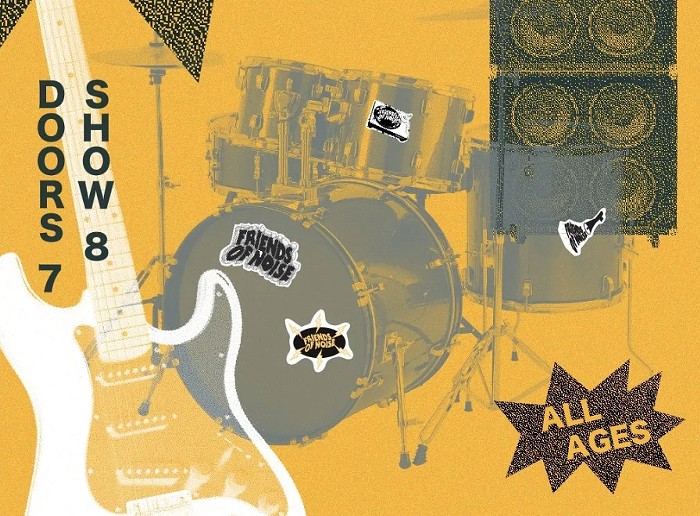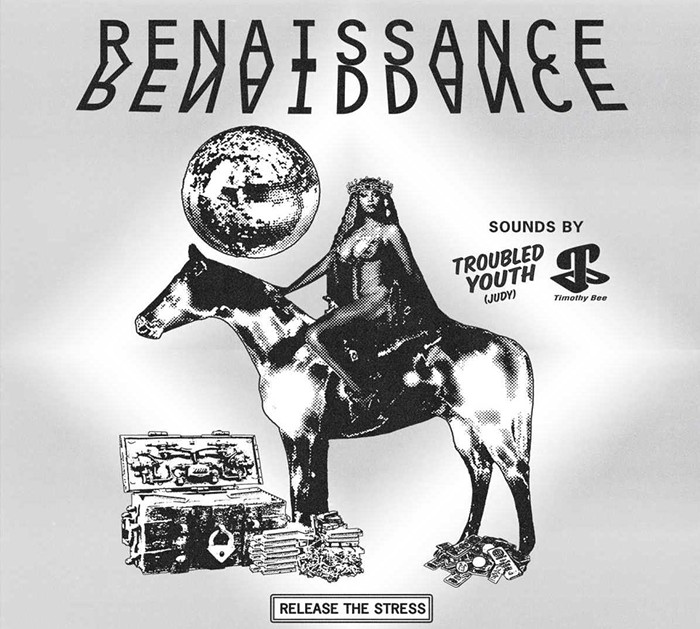EZZA ROSE'S new album, When the Water's Hot, has two lives. The first came during the three and a half years Rose and her band searched out spaces where they could conjure up perfect natural reverb. It led them to places like an old mansion on Mount Scott and a barber shop in Gresham, where they used a single mic to capture their live takes of true acoustic recordings.
However, while this natural vision was being carved and polished, Rose was going through musical transformations of her own, one of which stemmed from a black Les Paul.
"I'd never really played electric before—at all, really—and when I picked up this guitar, it totally inspired new playing techniques," says Rose. "[I was] writing so much quicker on a guitar that was just a little more tactile. It inspired a lot of music and also helped create some of the grit that I was feeling that I couldn't get out of a really beautiful-sounding classical instrument."
Three months ago, Rose listened to the final test pressings of When the Water's Hot in its acoustic incarnation, and felt unsure. "The songs were so old by that point, and so young—they hadn't quite matured yet for the band," Rose says. So, with the album finished and the release show already on the calendar for January, Rose made the bold decision to scrap the entire album and start over.
"I pulled the plug and said, 'Let's take it to the studio and record what we sound like now; let's do the electric version of things and integrate the brand-new material and give a better idea for what we're actually doing right now,'" Rose says. (For those still wondering about that first acoustic version, you can get a sense of it from Rose's 2014 album, Poolside, recorded with natural reverb in an old, empty swimming pool—sans actual water, but with a watery sound.)
In their second life, the songs on When the Water's Hot have a folk vulnerability as their skeleton, but they're veined, muscled, and skinned by sultry tones of bluesy guitar, minimal pulsing percussion, and subtle cello melodies. The album achieves the same level of sparse intimacy as Rose's past work, but the new electric arrangements discreetly strengthen the songs.
"Although I like folk music a lot, growing up I was always listening to rock 'n' roll," says Rose, "so it felt very natural to switch over and finally be digging into something I was actually a lot more familiar with than I thought I'd be."



















